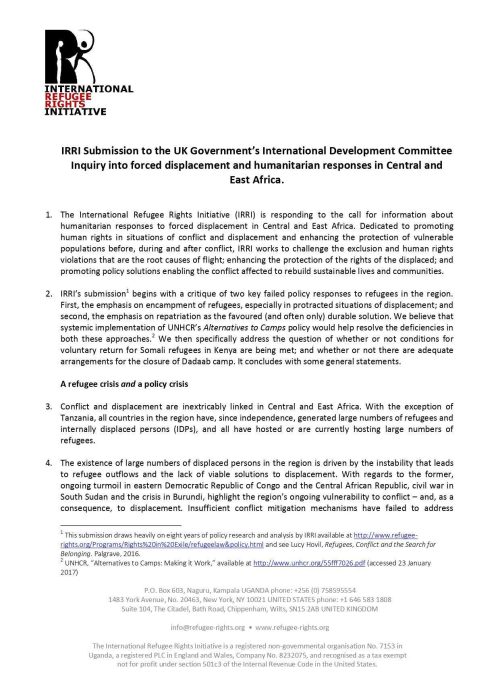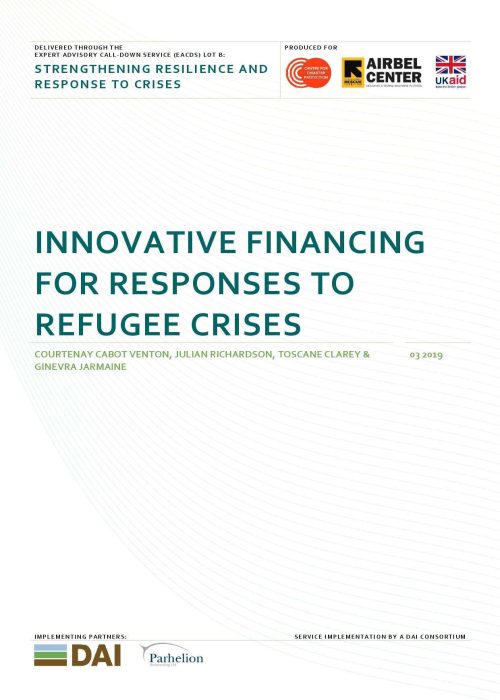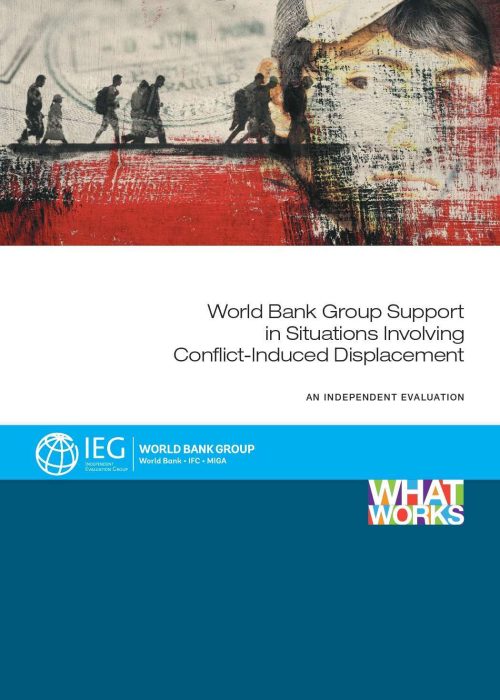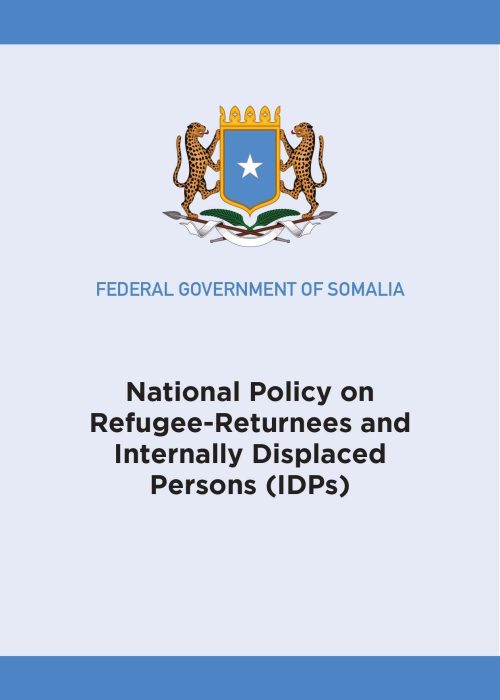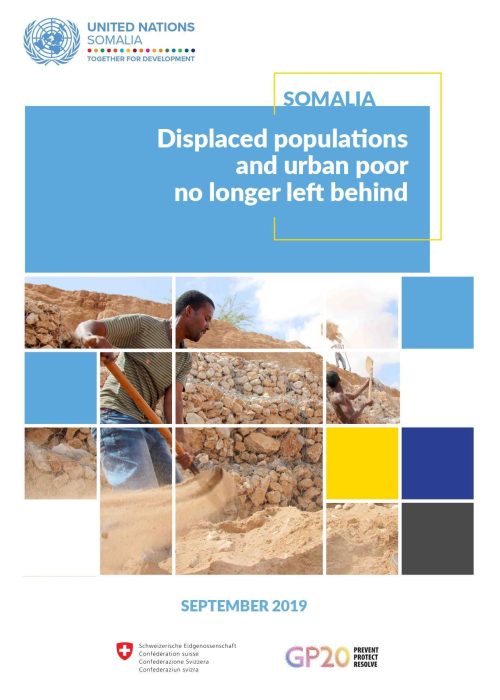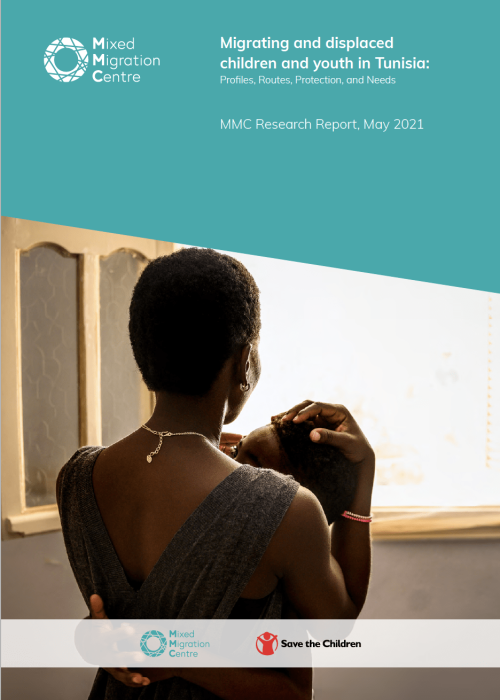This summary presentation of the research report commissioned by the Regional Durable Solutions Secretariat (ReDSS) seeks to compile the key highlights and implications of integrated services for refugees and host communities in Uganda. The document focuses on the experiences of South Sudanese refugees and their hosts in the Adjumani and Arua districts of the West Nile sub-region, where land is held under customary tenure and education and livelihoods are explored as two examples of shared services. The document finds that Uganda has a progressive approach to refugees, granting them rights to work, access basic services, and receive plots of land for cultivation. However, refugees face challenges that hamper their integration, such as insecurity, lack of citizenship, limited livelihood opportunities, and dependence on humanitarian assistance.
Are integrated access to services a step towards integration? A case study in Northern Uganda (Summary)
This is a summary presentation of the research study examines whether, and in what ways, integrated services contribute to better outcomes for refugees who are in situation of protracted displacement in Northern Uganda. Focusing in particular on host community-refugee relations as instrumental to refugee- hosting conditions, it examines how the policy of integrated services to refugees and their host has been applied and analyses the longer-term implications of this approach.
Share
| Author(s) | |
|---|---|
| Geographic Coverage | |
| Funded By | |
| Publishing Organizations | CEFORD, Danish Refugee Council, ReDSS, Save the Children, ZOA |
| Pages | |
| Type of Study | |
| Theme | Comprehensive Refugee Response Framework (CRRF), Durable solutions, Economic Inclusion, Governance, Political economy and discourse on displacement and solutions |
| Year Published |

